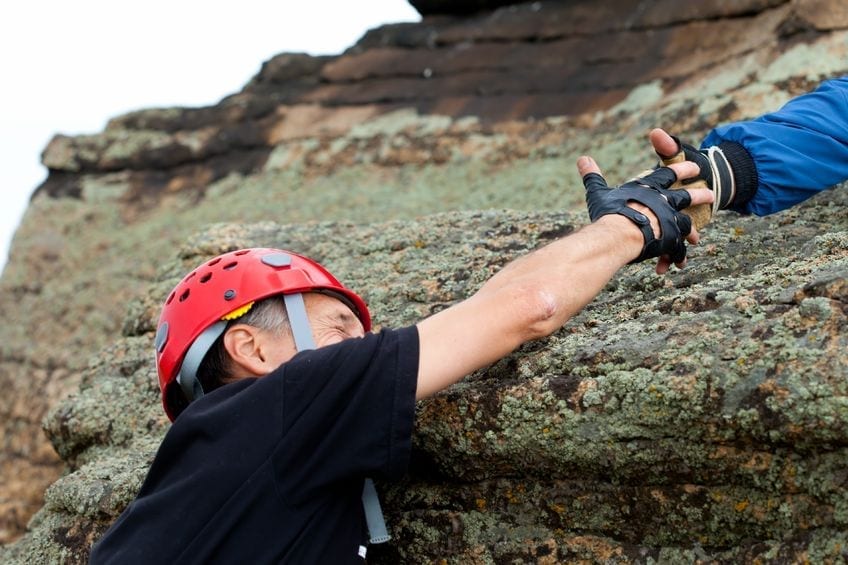At a Lean Culture Meetup in Palo Alto, serial entrepreneur Ed Ipser shared what it takes to build a successful startup. Everyone left with different answers, but here are three things this author learned:
1) Innovation is hard
Irritatingly, everything a young startup needs to do to be efficient is directly opposed to what it takes to foster innovation. Sticking to one idea limits potential. Having a clear routine prevents exploration. Luckily, innovation doesn’t necessarily have to mean product innovation. A startup could innovate in the tech field, in their business processes, and even in the way they approach creating their brand.
2) Failure is good
Failure is most definitely difficult to embrace, but, as Ipser warned, failure is also completely unavoidable. So instead of running from potential failures, embrace them and adopt what he terms “efficient learning.” Test your ideas on user groups as soon as possible. If they hate it, reiterate. If they love it, figure out why. Brainpower is free, after all.
And avoid what Sean Murphy described as the “mom test.” Test your ideas and product demos on groups other than your “mom” (i.e. that solid group of friends/family/co-workers that would never be super critical or negative of your work.) Embrace the critique and conform to the consumer group that best suits your startup. And remember: failure is good.
3) The scientific method isn’t just for middle schoolers
- Observe – Research, research, and more research. Ask other people in your field. Ask people outside of your field, and reach out to other entrepreneurs.
- Hypothesize – Make some assertion that’s totally contradictory to what everyone believes. This is your new operating field. (And hey, no competitors!) Filling out a Lean Canvas is just one way to help verbalize a theory for your market/business.
- Test – Prove that your theory works, or doesn’t. Start testing your consumer base as soon as possible, offer non-scalable best cases to be sure there’s actual demand.
- Re-vise – Reiterate, reform, re-design, reinvent, rebuild! As many times as it takes to get a solid product and consumer base.
My main takeaway: collaborate.
“There are no trained entrepreneurs,” Ipser explained. When creating a startup “you will inevitably deal with a lot that’s outside your area of expertise.” So make sure to collaborate with people/groups/ideas that are outside your bubble. It makes innovation easier, failure more tolerable, and these Meetups more enjoyable.

